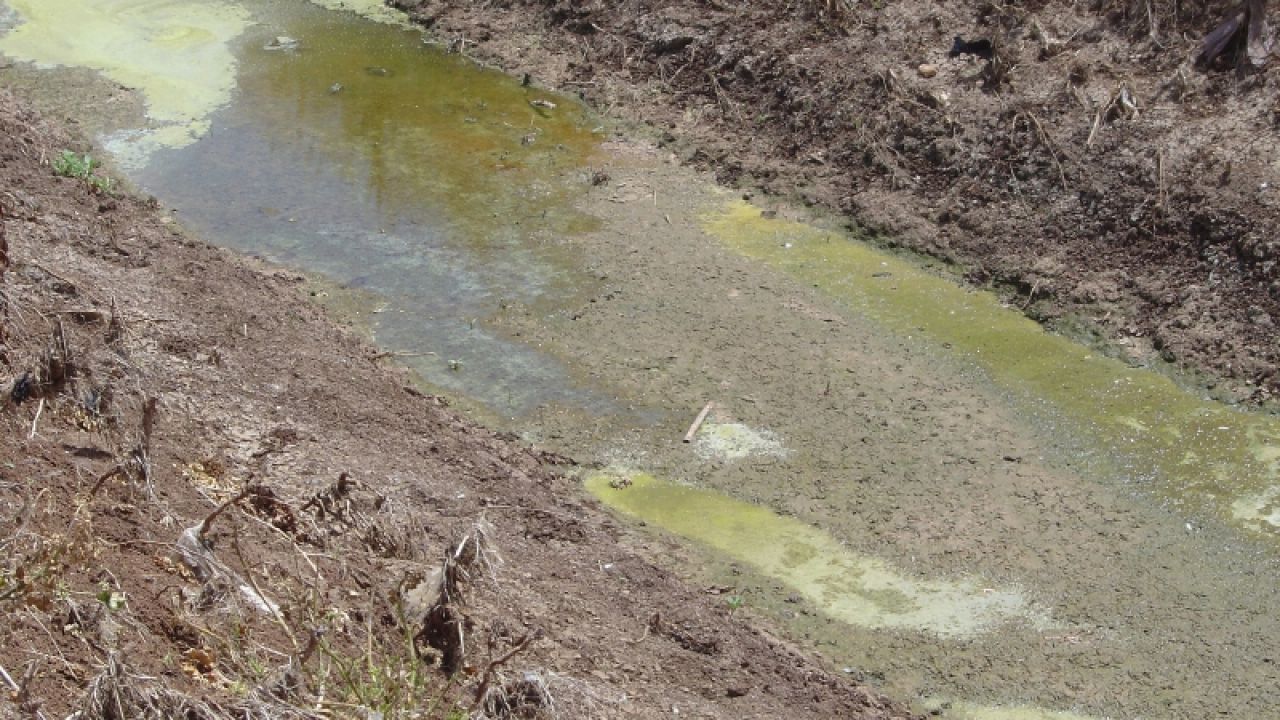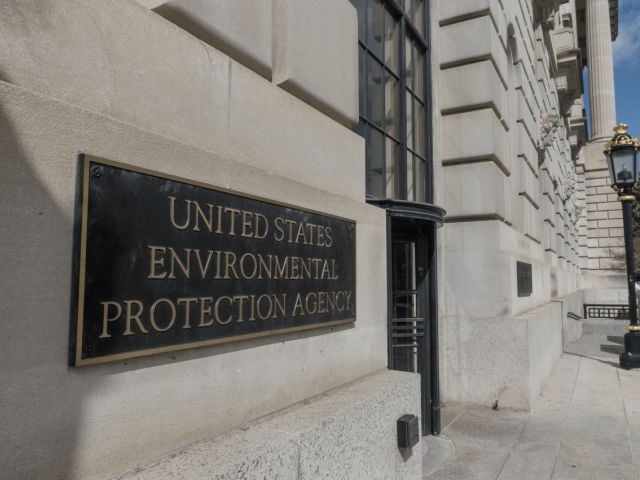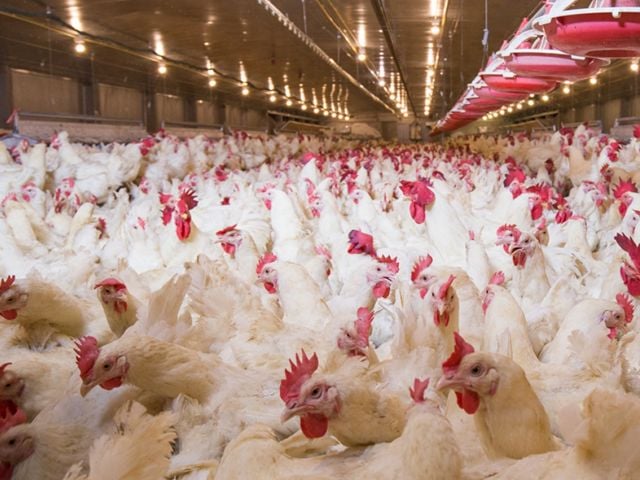
The American Farm Bureau Federation believes that it’s simply cheaper to pollute America’s rivers and streams – and pass the cost on to water utilities like the Des Moines Water Works – than it is to adopt conservation practices that help reduce polluted runoff from farm fields.
Don Parrish, who is the Farm Bureau’s senior director of regulatory relations, told Politico that restoring buffers along streams to filter polluted runoff doesn’t make financial sense. Today’s edition of the Washington newspaper quoted Parrish as saying that “I would argue that it might be cheaper in the long run to treat the water the way they are doing it in Des Moines, as opposed to taking … cropland out of production in that watershed.”
In other words, let farmers pollute as much as they want, forget about voluntary conservation programs, and let the ratepayers clean up their mess.
Of course, Parrish’ outrageous argument has been contradicted by experts who have found that treating polluted runoff at the farm through buffers and better farming practices is much less costly than cleaning farm chemicals out of our drinking water supplies at treatment plants.
For example, the Chesapeake Bay Commission found that installing buffers to reduce nitrogen pollution fouling the Bay would cost half as much as building more water treatment infrastructure.
The cost of polluted runoff for water utilities – and, ultimately, for ratepayers – is steep. The U.S. Department of Agriculture estimates that removing nitrate alone from drinking water costs more than $4.8 billion a year. The cost of dealing with algal blooms is particularly daunting. In 2012, EWG found that the total capital cost of water treatment that would address cyanobacterial blooms and cyanotoxins can range between $12 million and $56 million for a town of 100,000 people.
The Des Moines Water Works, which intends to sue three upstream counties, spent more than $1 million in 2013 to treat a surge of water polluted with nitrogen washed off farm fields.
What’s Farm Bureau’s solution? Let the ratepayers handle it.


